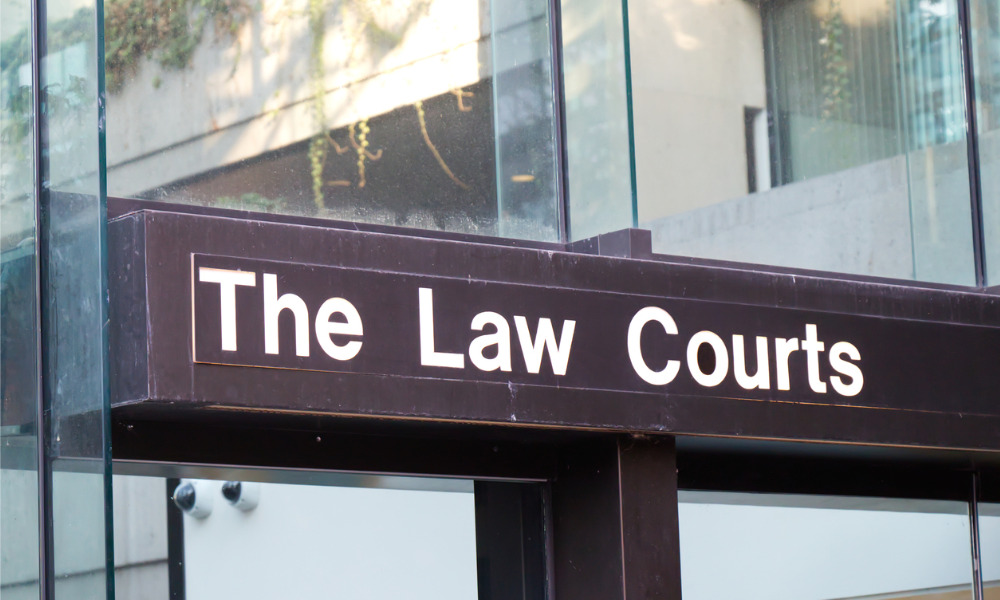
Father violated court order that required parents' consent to decision about child’s education

In a case involving the issue of in-person versus online education, the court held the father liable for contempt for registering the child for in-person classes in violation of an earlier court order.
In Kaszap v. Volk, 2020 ONSC 6129, the parties lived together from 2009 to 2014 and had one nine-year-old daughter. Upon separation, the child alternated between parents on a weekly basis.
The parties consented to a 2017 final court order which gave them joint custody and equal parenting time. The order also stated that both parties had to agree to a decision concerning the child’s education, and if they disagreed, they would go through mediation before initiating litigation.
Last March, the COVID-19 pandemic impacted in-person education at schools. From July to August, the parties exchanged emails discussing what they should do about the child’s education when the elementary school reopened in September. The applicant father wanted the child to attend school in person and to take the school bus, while the respondent mother objected. Despite the mother’s opposition, the father registered the child for in-person education and arranged for the child to be transported by bus during his weeks.
The mother commenced litigation, asking the court to order that the child attend school from home through online learning and that the father be found liable for contempt of court due to his act of unilaterally registering the child for in-person education in violation of the 2017 court order. The father in turn asked the court to order that the child attend school in person and use the school bus for transportation.
The Ontario Superior Court of Justice ruled that it was in the child’s best interests to attend the elementary school’s French Immersion Program in person and to be permitted to take the bus for transportation between her father’s house and the school.
“In my view, if schools are open, children should attend unless there is an unacceptable risk to either the child or a member of their household that is created by the fact the child attends the school and may contract the virus,” wrote Justice Mark Shelston for the Superior Court.
Justice Shelston considered a number of factors presented by the parties in determining the child’s best interests. With regard to the child’s preference, the only information on this came from the father’s affidavit, which was hearsay evidence and therefore inadmissible.
A doctor’s report indicated that the child was at risk for psychosocial and school difficulties and recommended that the child have an individual educational plan that would support her needs. Shelston noted that this plan required the child’s in-person attendance so that she could work closely with the teachers. The child would also benefit from the French social and linguistic milieu provided by in-person attendance.
Though the mother alleged that members of the immediate and extended family, including the child’s grandparents, suffered from underlying chronic medical conditions which placed them at a heightened risk for severe illness from COVID-19, Shelston said that there was no medical evidence to support this allegation. Neither was there evidence that the grandparents lived with the child.
As regards the child riding the school bus, Shelston stated that there was no basis to conclude that the child would be at higher risk of contracting COVID-19 when taking the bus.
Though the father was successful with regard to the school issue, the court ordered him to pay the mother’s costs associated with the motion for contempt. The father was held liable for contempt of court because he had registered the child for in-person education and had made school bus arrangements without the mother’s approval, in breach of the 2017 court order to which both parties had consented.